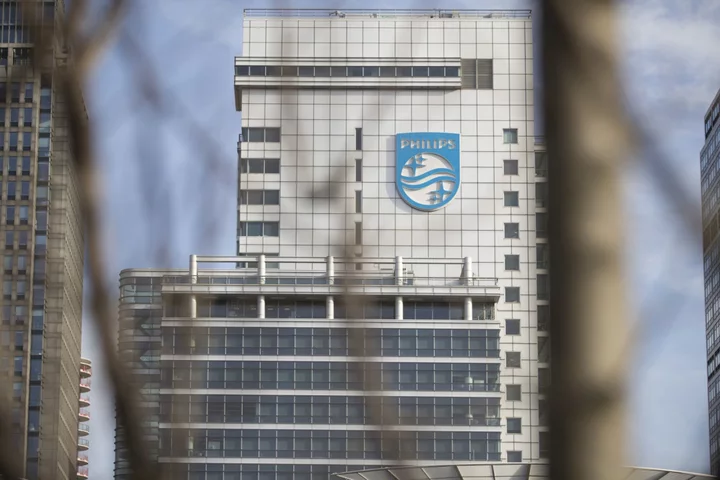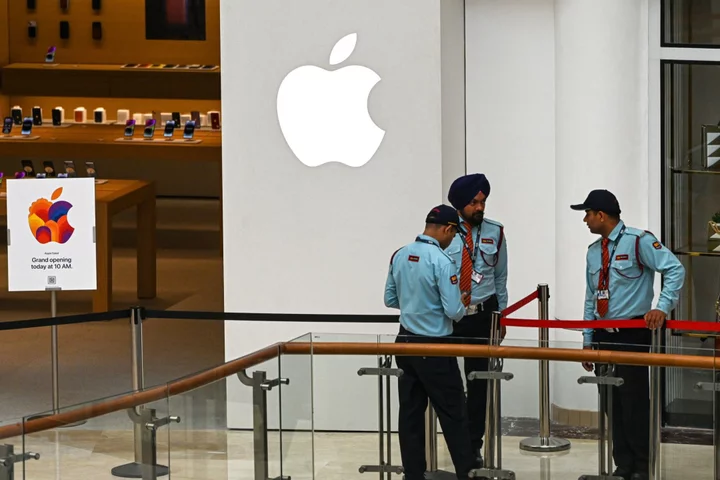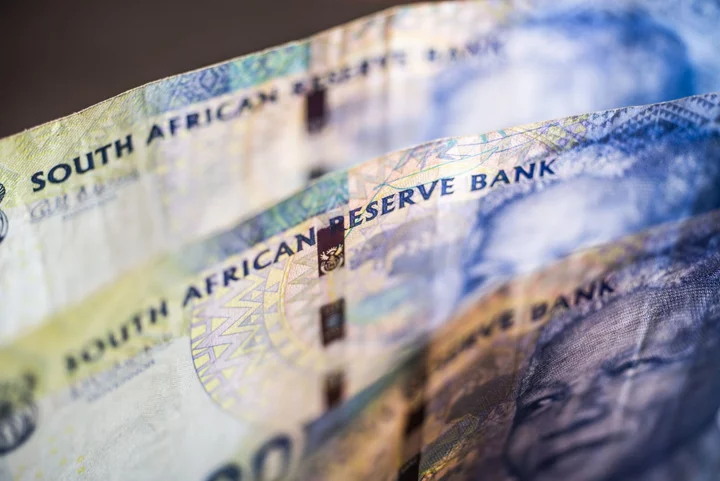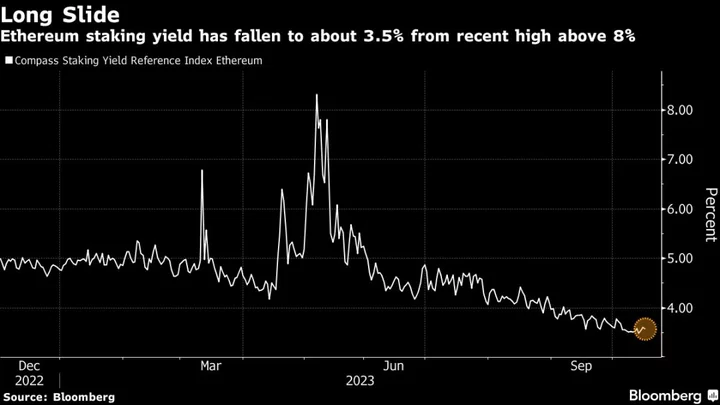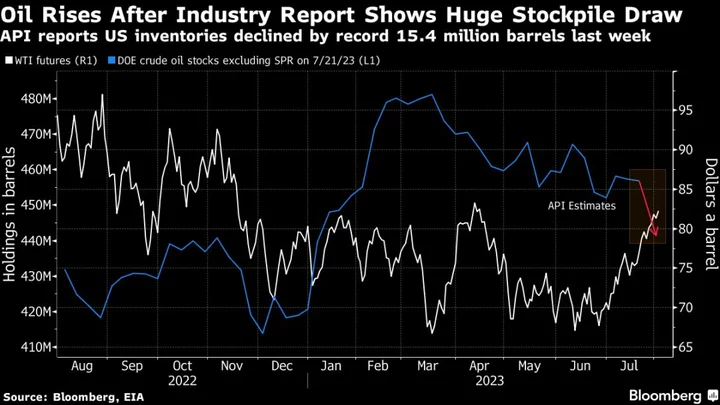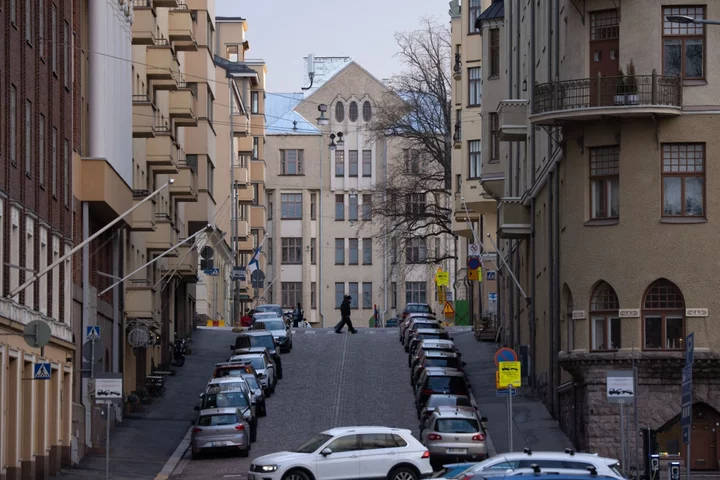Royal Philips NV suffered another setback as the US drug regulator requested additional tests on its sleep apnea devices, warning that the company’s analysis of the recalled products is inadequate.
Further testing of Philips’ ventilators - BiPAP and CPAP machines - is required to fully evaluate the risks posed to users from the recalled devices, the US Food and Drug Administration said in statement on Thursday. The Dutch company’s shares fell as much as 10% in Amsterdam, the most in a year.
The maker of medical gear initiated its first recall of potentially faulty sleep apnea products in June 2021, with the FDA labeling those as a Class 1 issue, the most serious type. Philips already set aside about €1 billion ($1.1 billion) for the recall of some 5.5 million devices, and agreed to pay at least $479 million to resolve some of the litigation. But Philips is still facing class-action and potentially thousands of individual lawsuits in the matter.
The developments make a sales ban in the US “all the more likely,” according to Bernstein analyst Lisa Bedell Clive. “The FDA are clearly still not happy with the way the recall is being handled.”
Philips has been working with the FDA on the test and research program and is in ongoing discussions with the regulator on details of the additional testing, the company said Friday. In May, the firm announced tests on the products showed the vast majority of the devices are unlikely to cause considerable health damage to patients.
Recall Woes Mount
Last month, Chief Executive Officer Roy Jakobs said the company would be grappling with the consequences of the costly recall for another seven years.
The company is being investigated by the US Department of Justice and remains in discussions with the FDA regarding the proposed consent decree, which may force it to cease some US operations until it completes corrective actions. Philips has not yet made any financial provisions for these matters.
Read More: Philips May Deal With Recall Fallout for 7 More Years, CEO Says
The FDA had placed CPAP and BiPAP devices on its shortage list due to the lack of supply for the products. It has now removed them from the list after working with other manufacturers and government partners to make more machines available over the course of the recall.
--With assistance from Chiara Remondini.
(Updates with further details throughout)

